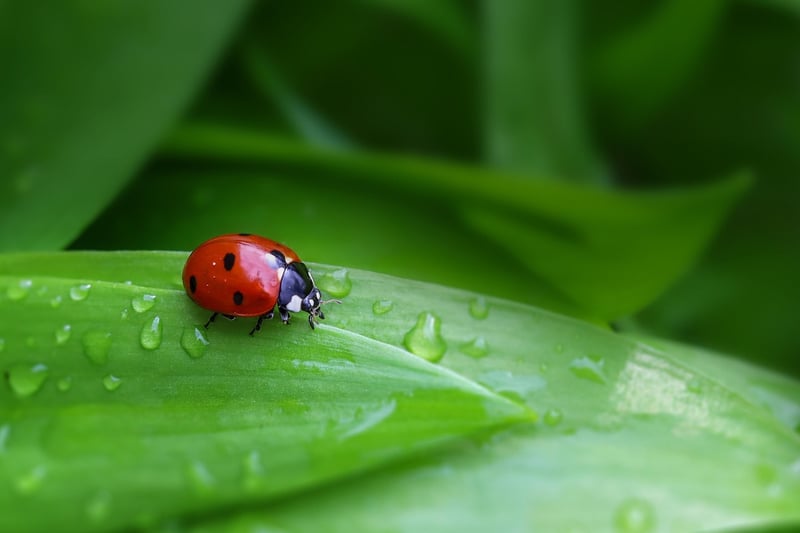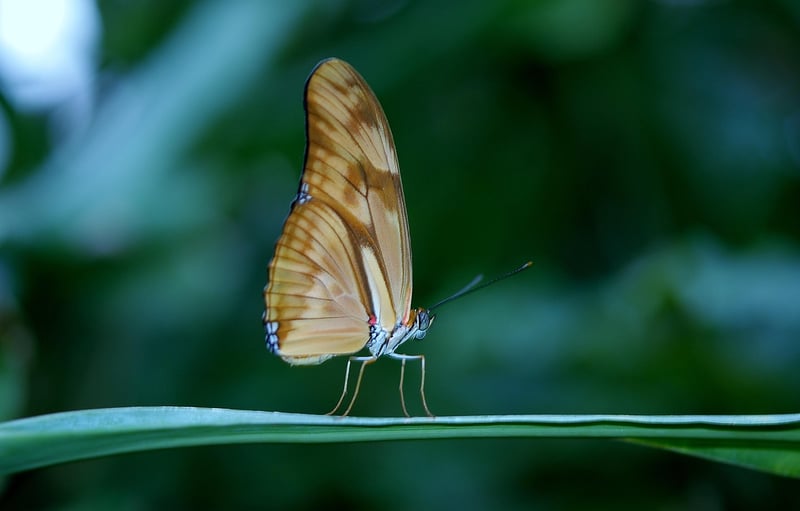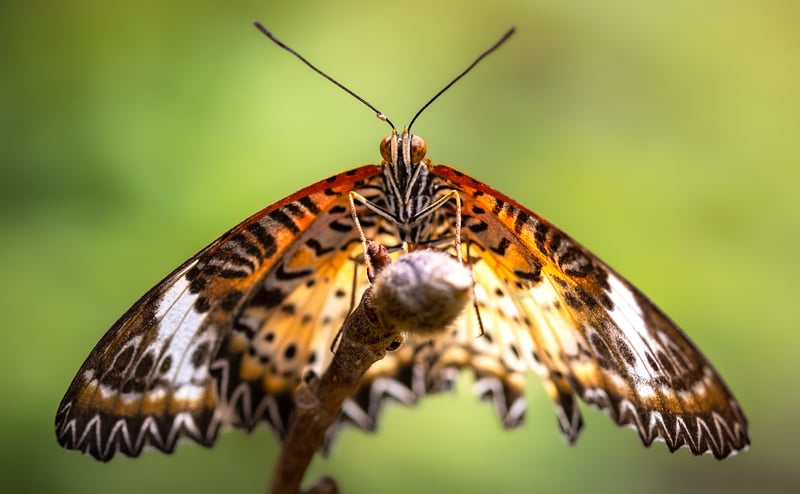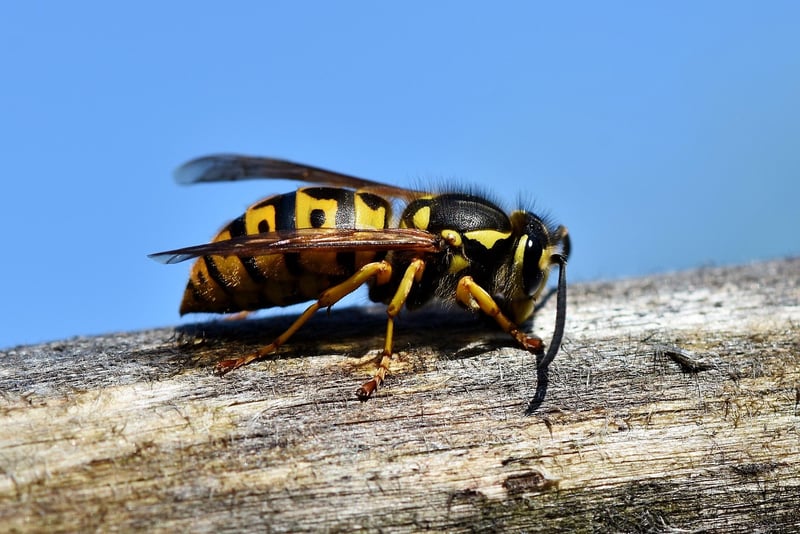Beneficial Insects
Protecting Plants from Pests Sustainably with Beneficial Insects
When it comes to maintaining a healthy garden or crop, dealing with pests can be a significant challenge. While chemical pesticides are commonly used to combat pests, they can have detrimental effects on the environment, beneficial insects, and even human health. An eco-friendly and sustainable alternative to controlling pests is to introduce beneficial insects into your garden or agricultural area.
What are Beneficial Insects?
Beneficial insects are insects that prey on, parasitize, or otherwise help control pest populations. They are a natural and effective way to manage pests without the need for harmful chemicals. By attracting these helpful insects to your garden, you can create a balanced ecosystem that reduces the need for synthetic pesticides.
Common Beneficial Insects
Some of the most well-known beneficial insects include:
- Ladybugs: They feed on aphids, mealybugs, and other soft-bodied insects.
- Praying Mantis: They are voracious predators that eat a wide variety of pests.
- Lacewings: Their larvae consume aphids, caterpillars, and other pests.
- Parasitic Wasps: They lay eggs on or inside pest insects, controlling their populations.
Attracting Beneficial Insects
To encourage beneficial insects to inhabit your garden, consider the following tips:
- Plant a diverse range of flowers and herbs to attract a variety of beneficial insects.
- Avoid using broad-spectrum insecticides that can harm both pests and beneficial insects.
- Provide shelter for beneficial insects by creating habitats like insect hotels or planting cover crops.
- Limit tillage to protect underground beneficial insects such as ground beetles.
Conclusion
By harnessing the power of beneficial insects, you can protect your plants from pests in a sustainable and environmentally friendly way. Not only do beneficial insects help control pest populations, but they also promote a healthier ecosystem overall. Consider implementing these natural pest control methods in your garden or farm to reduce the reliance on harmful pesticides and create a thriving, balanced environment for your plants.




